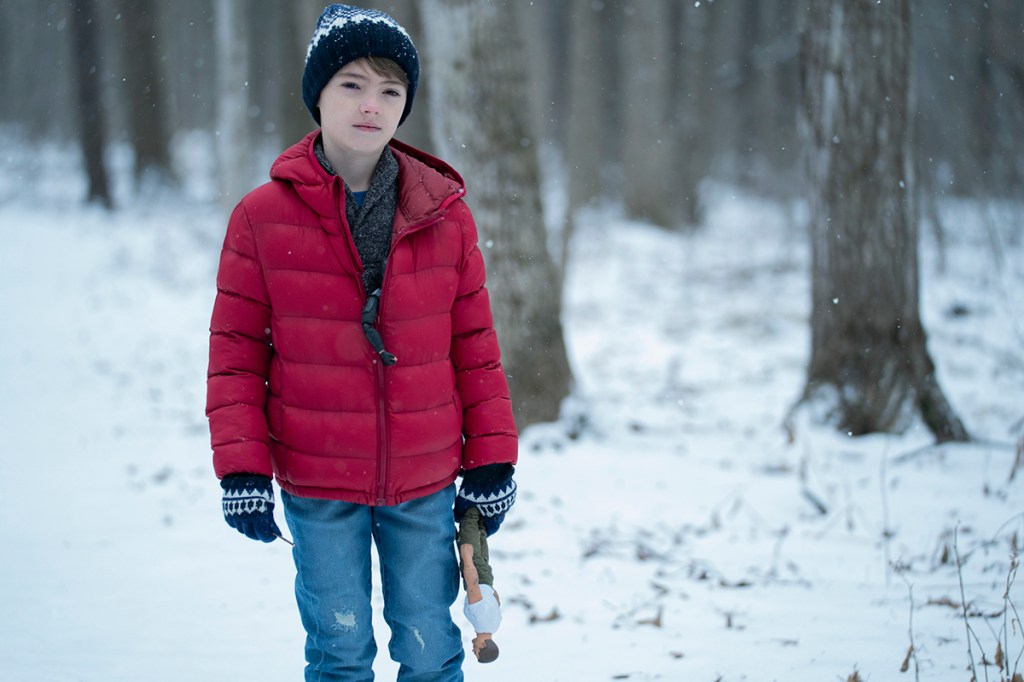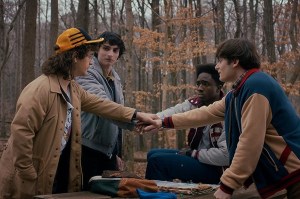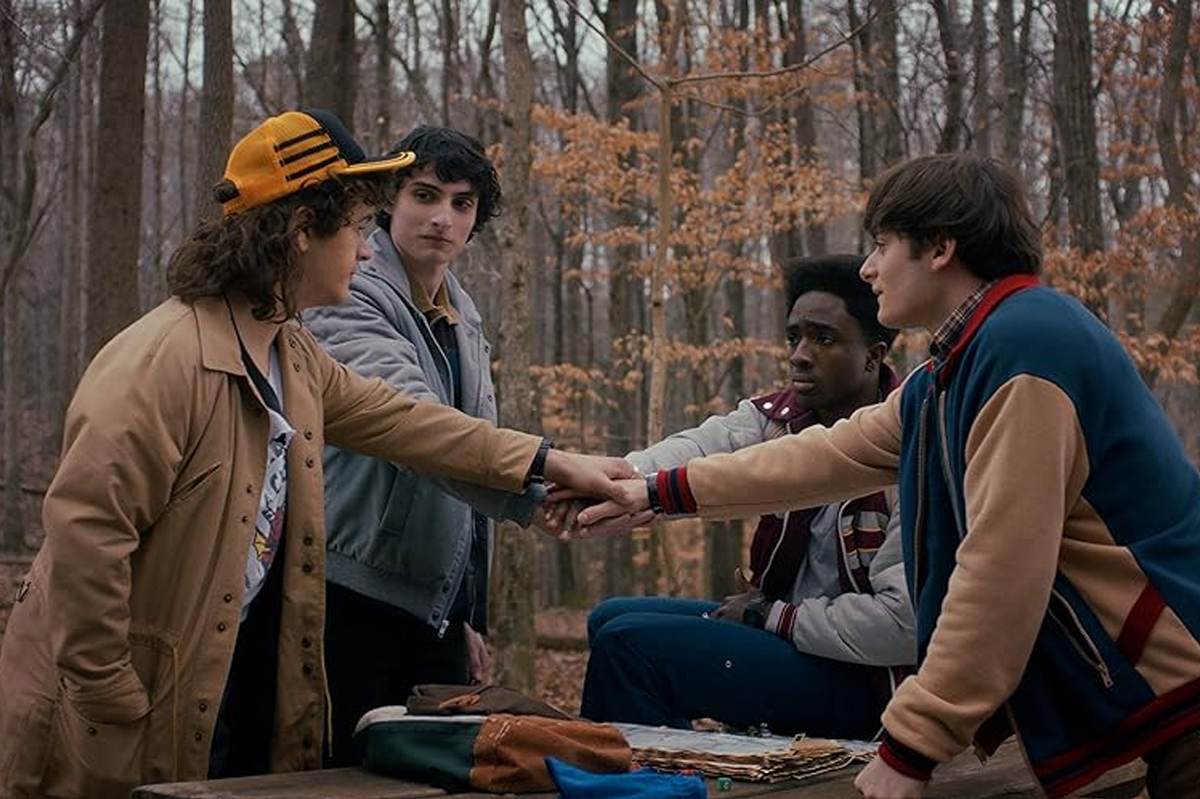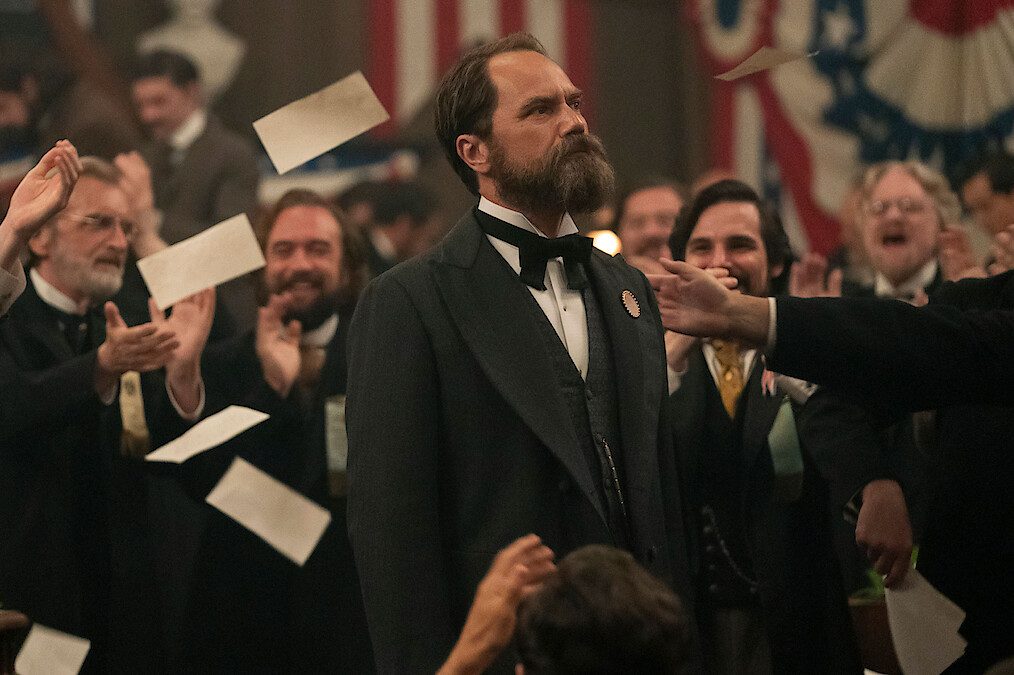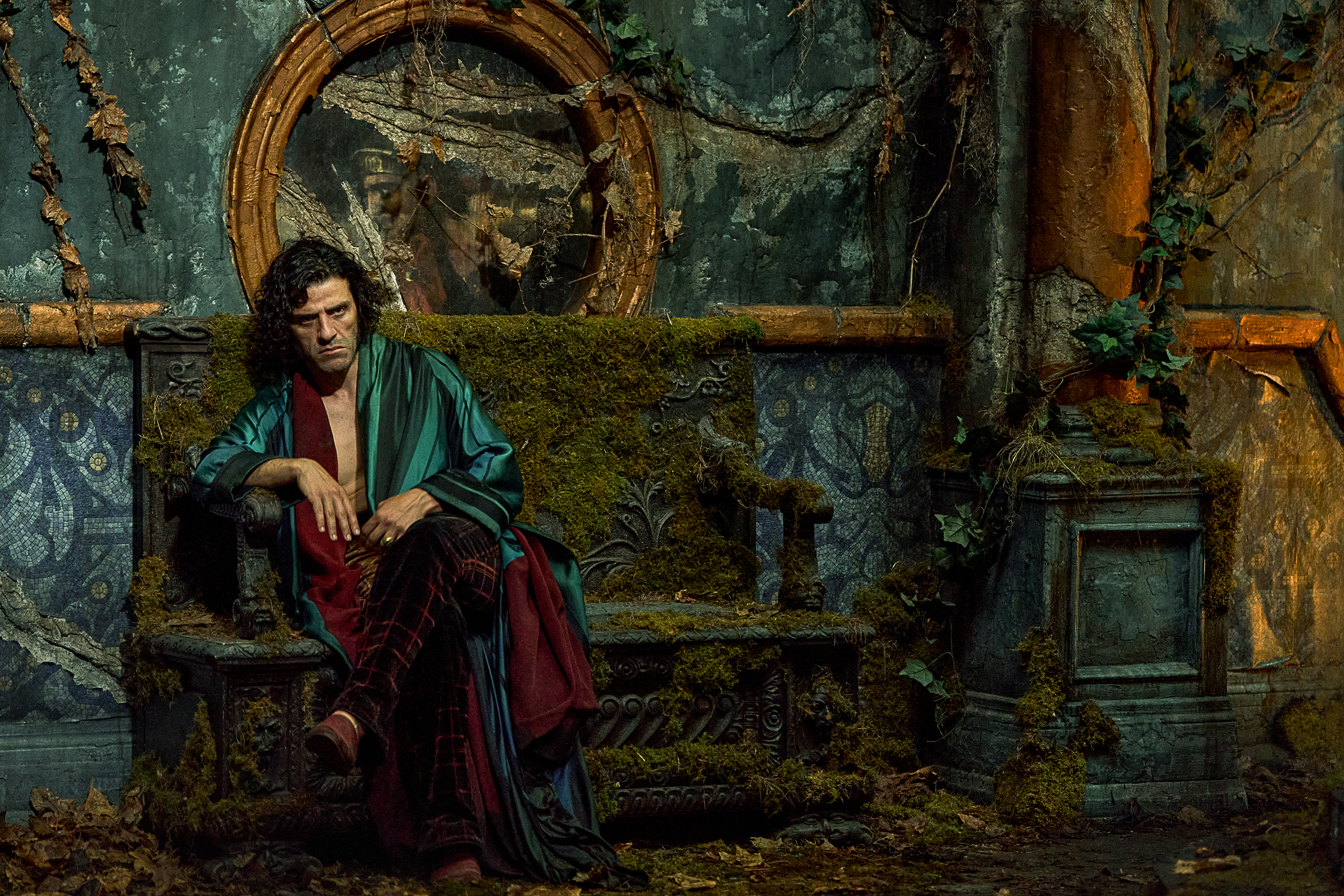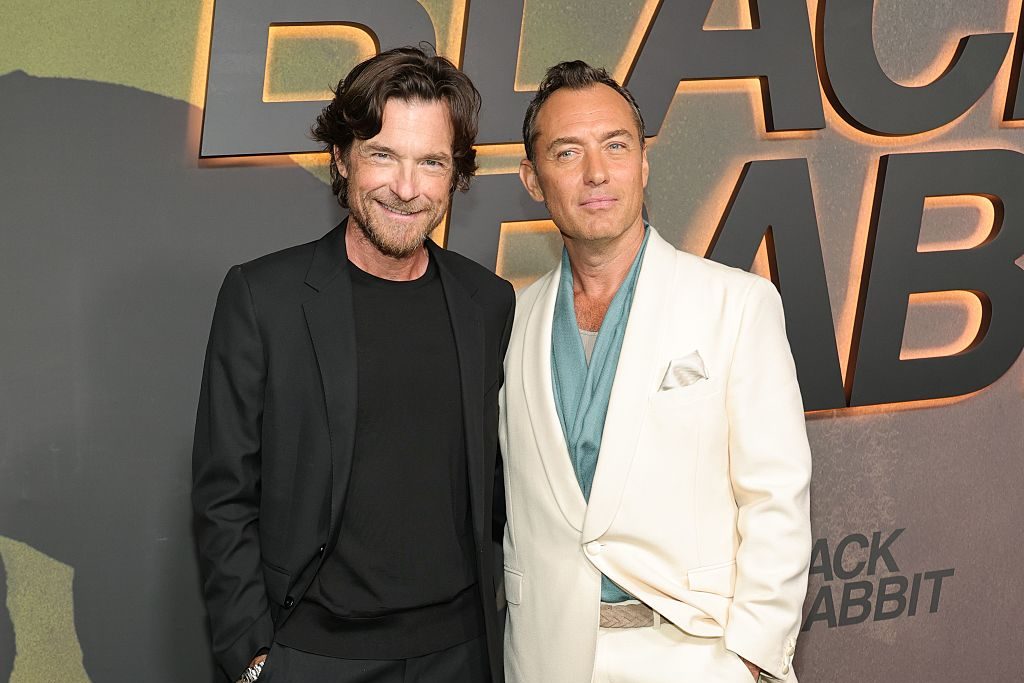Don’t be put off by the slow first episode, which makes you fear it’s just going to be another of those so-so emo magical-fantasy adolescent dramas in which Netflix abounds: Locke & Key is superior, addictive and bingeworthy stuff in the league of, or possibly even better than, Stranger Things.
It begins with an achingly clichéd scenario — family driving across America to seek new life in exotic location, kids bickering in the back, awkward high-school experiences awaiting them, etc. — and the familiarity never lets up. You have been to these places and met these characters many times before, from the kindly, inspirational black schoolteacher (a stereotype known to movie connoisseurs as the ‘magical negro’) to the remote, big, creepy old-gated mansion where they’re headed (everywhere from Simpsons’ Halloween Specials to The Haunting of Hill House).
In fact, if you wanted to play movie-trope bingo, you’d be a winner in no time: token cripple who is life-affirmingly cool; token retard who is life-affirmingly kind of a genius; blonde bitch; United Colors of Benetton diversity casting; embarrassing mom; Elliott-from-E.T.-type boy who perceives truths adults cannot see; grim family secrets dating back generations; demons out of Buffy the Vampire Slayer; magical mayhem by way of Harry Potter.
What’s original, though, is that time and again Locke & Key subverts your expectations and takes you by surprise. This, I’m sure, is because it began life as a series of graphic novels (by Joe Hill and Gabriel Rodriguez). Graphic novelists aren’t like ordinary screenwriters. For one thing, they’re much weirder; for another, they’re prepared to go much darker. Also they’re under constant pressure to keep delivering twists and turns, a bit like Charles Dickens had to be when writing his novels in serial form.
The premise, as that excruciating title subtly hints, is that the Lockes’ ancestral home abounds with mysterious keys, each of which grants the user extraordinary powers. With one key you can flit around like a ghost; with another you can unlock your unconsciousness; with another you can make people do your bidding. My favorite is the one that takes you anywhere you want in the world using doorways as portals.
At first our three heroes — late teens Tyler (Connor Jessup) and Kinsey (Emilia Jones), plus cute-kid afterthought Bode (Jackson Robert Scott, the boy who got got by the monster in the It movie) — think it’s all japesome fun. But not for long, because a sinister but very beautiful young woman who lives at the bottom of a well in the grounds appears to have nefarious designs on both the keys and the Lockes.
Could all this have something to do with the tragedy that prompted them to move house in the first place: the murder, by a disturbed teenager, of their hippyish and somewhat irksome teacher dad, Rendell? It most certainly could. The deeper into the mystery they delve, the weirder it gets, often to the point where you might almost find yourself muttering, ‘Toto, I’ve a feeling we’re not in Hogwarts anymore.’ That’s because, despite being a teen series — or perhaps because it is a teen series — Locke & Key has a disturbing quantity of ugly stuff that messes with your head: brief bursts of quite terrifying violence; a prevailing aura of menace, threat and the uncanny; depression, alcoholism, emotional cruelty and madness.
I doubt a conventional television scriptwriter could have gotten away with so much darkness. But because of its graphic-novel origins, the details are already there in print with a ready-made audience which, one imagines, would get very irritated were there too many deviations in the screen version. What you also get a lot less of — and this is a tremendous bonus — is that relentless political correctness you find almost everywhere these days from Netflix to the BBC.
Take, for example, the character of Kinsey. She’s one of the most convincing televisual portraits of a real teenage girl I’ve seen recently — which is to say that she is stroppy, aggressive, moody, difficult, willful, capricious and, frankly, not a little unhinged. This is such a refreshing change from the way young women are routinely portrayed as vulnerable yet capable — a lot more so than young men, who are invariably jockish, insensitive and basic. But Kinsey’s older brother Tyler is the opposite of that. Yes, he’s good at hockey, but he’s also thoughtful, responsible and protective. Also — another bonus this — dark skin color is absolutely no guarantee of special moral rectitude. The whole enterprise is like a magical journey back to the days before woke culture ruined everything.
There’s lots more I could say about Locke & Key because I’ve been devouring it every night for the last week. But, really, you just need to sit down, give it a couple of episodes to bed in — and then suddenly discover that you are totally hooked.



